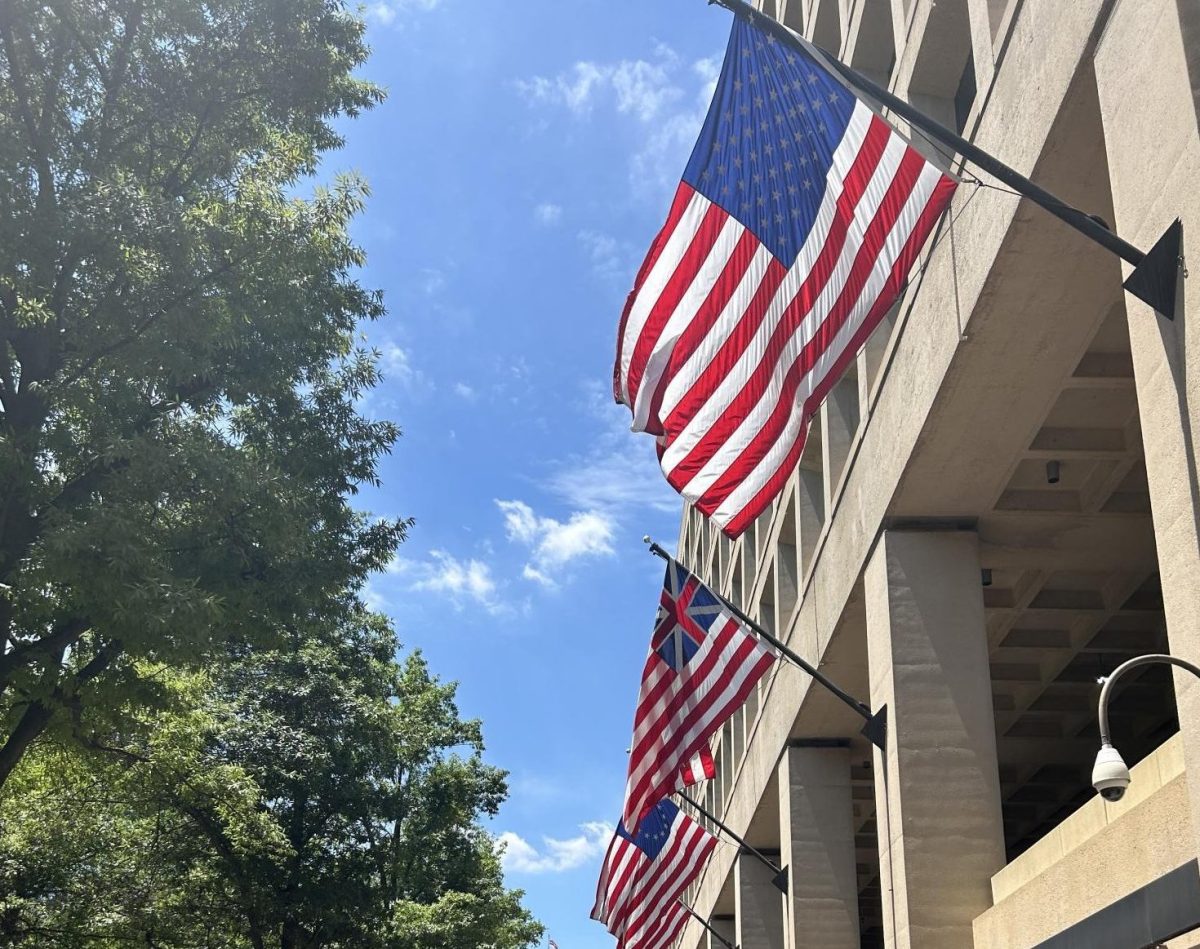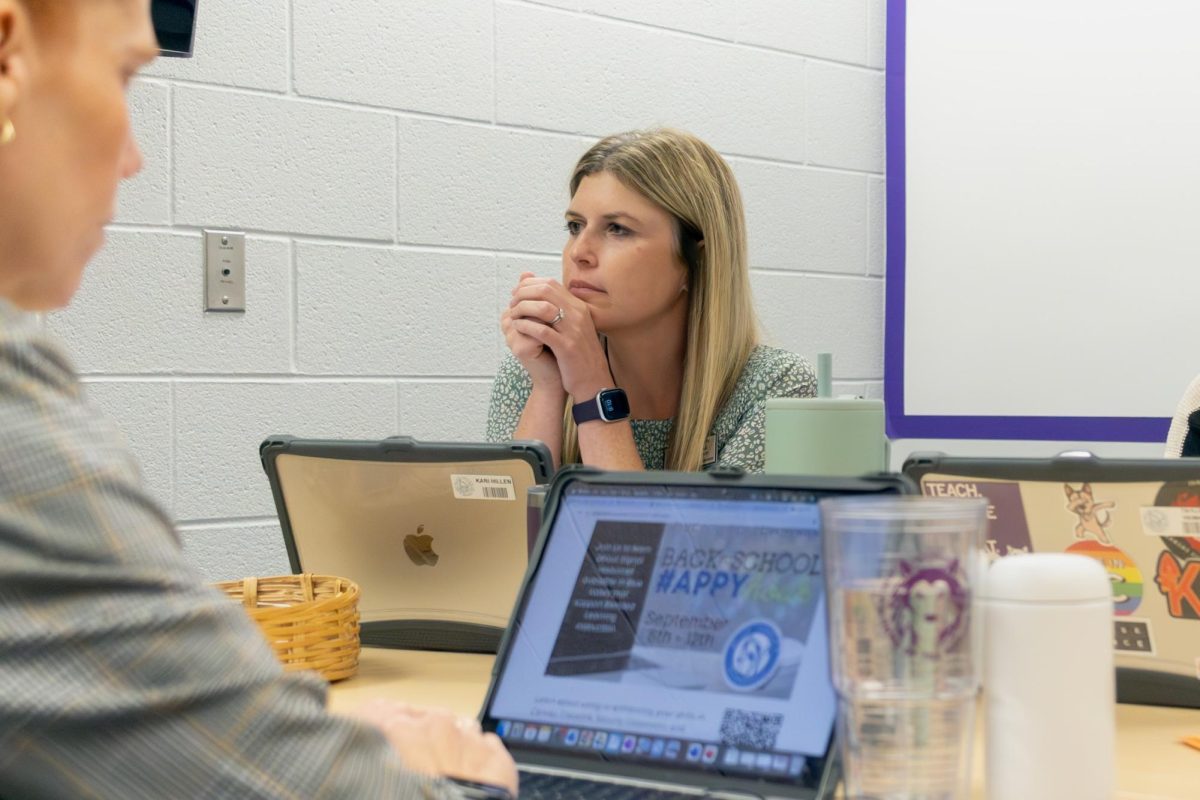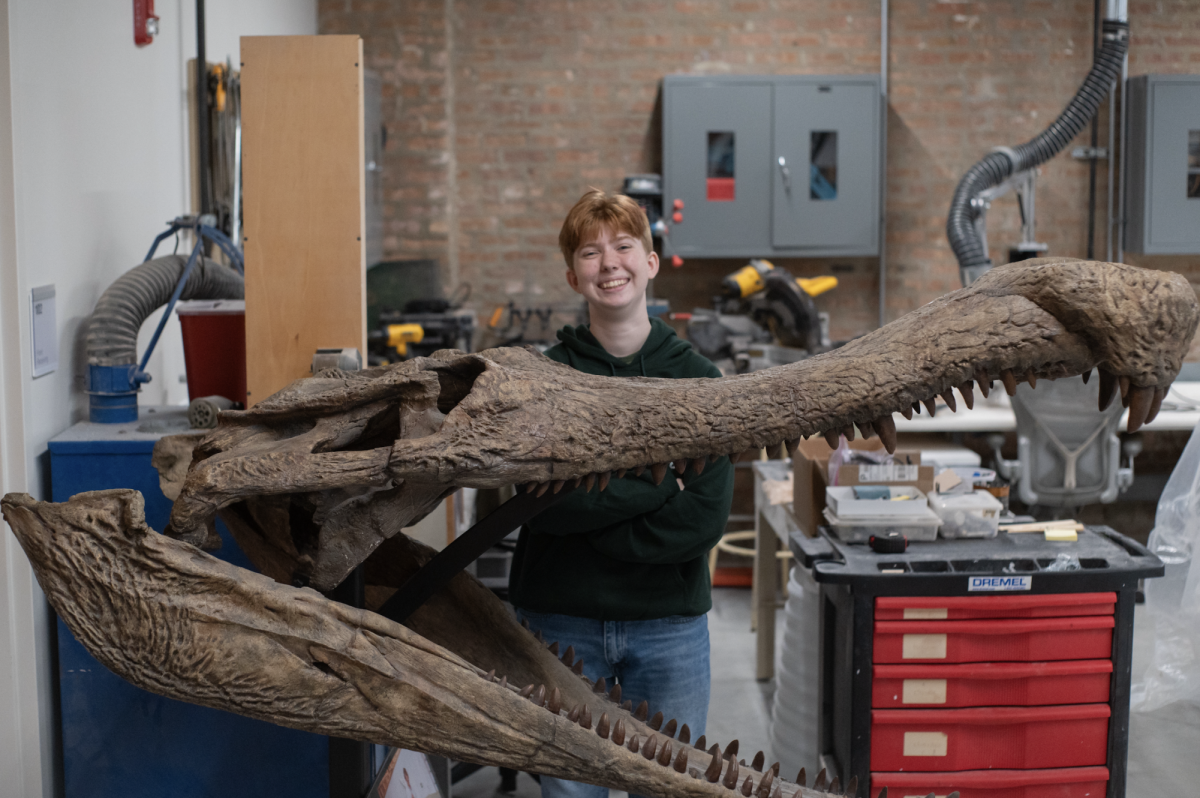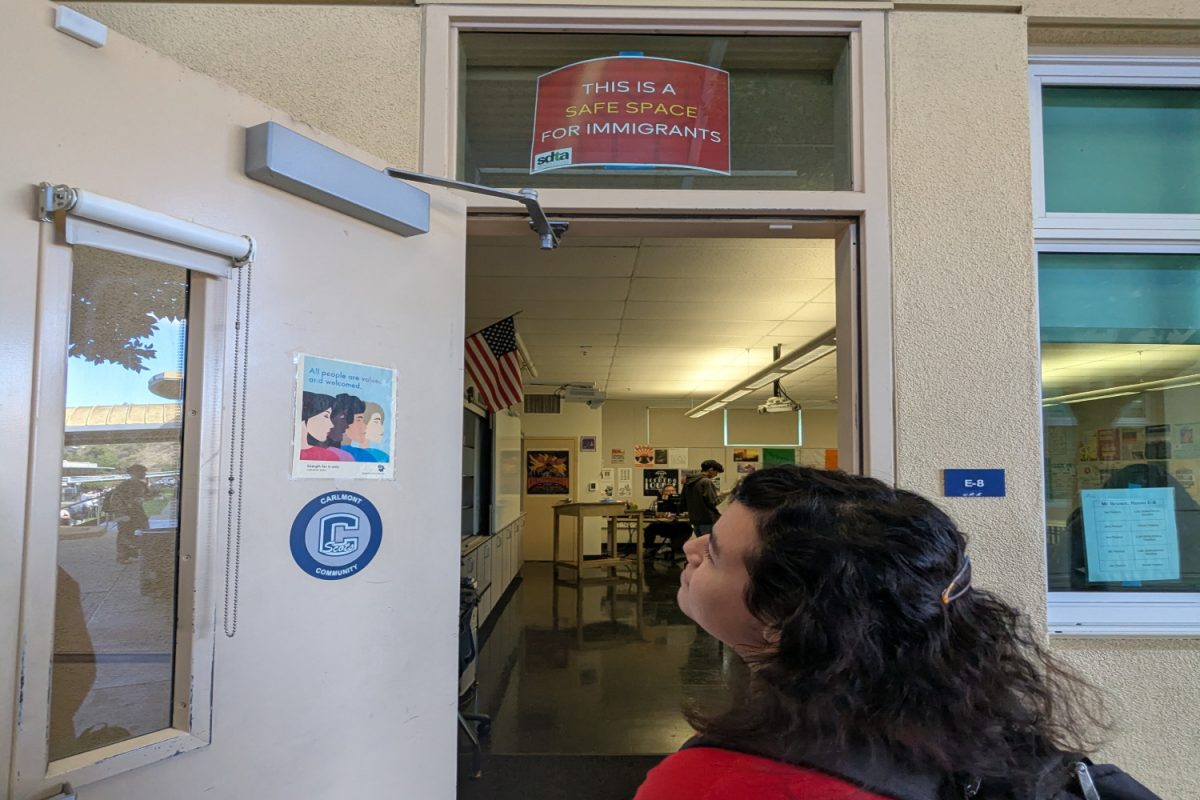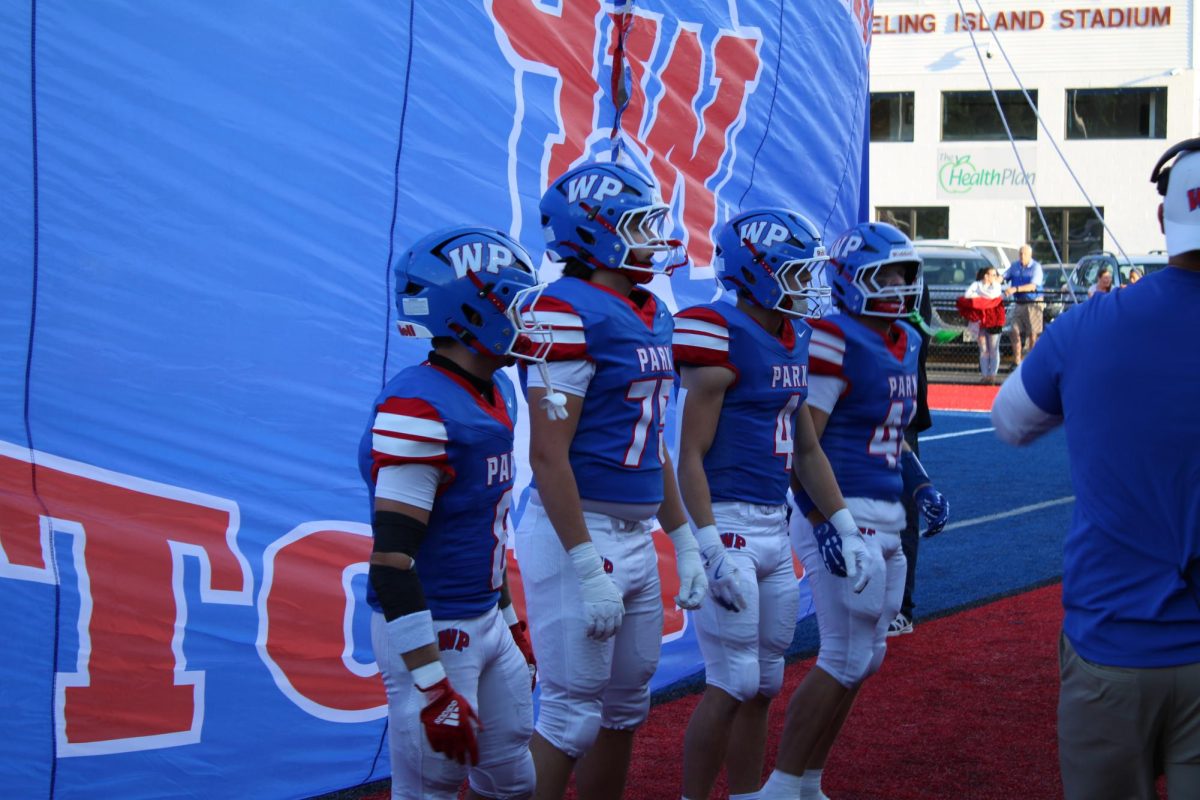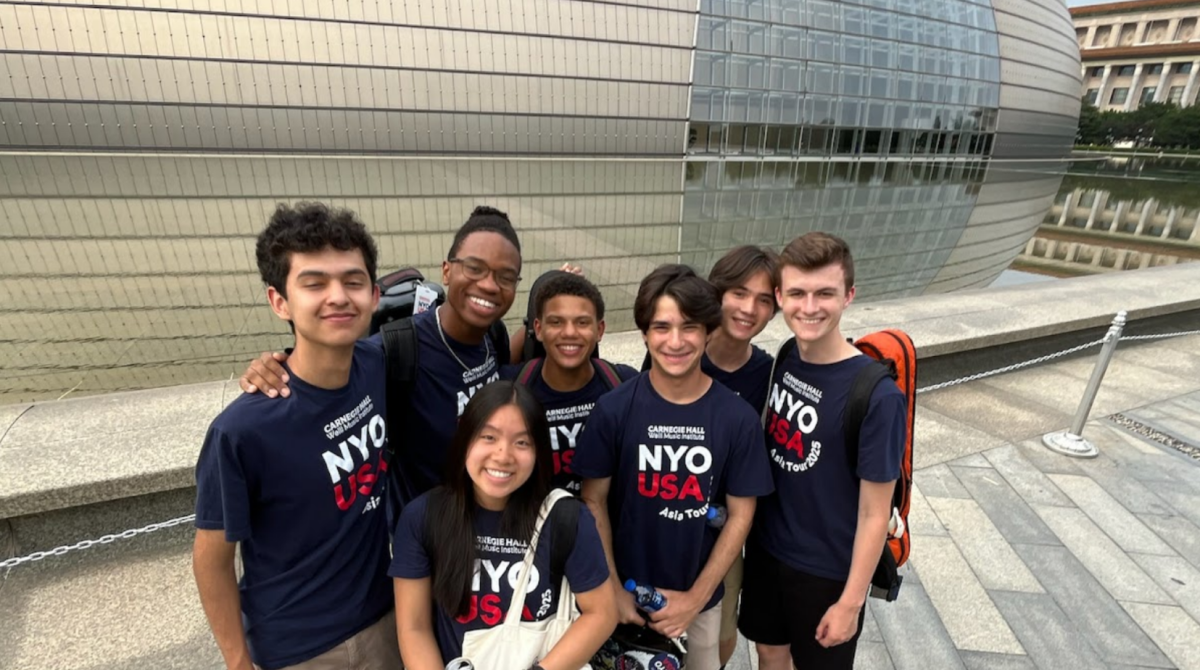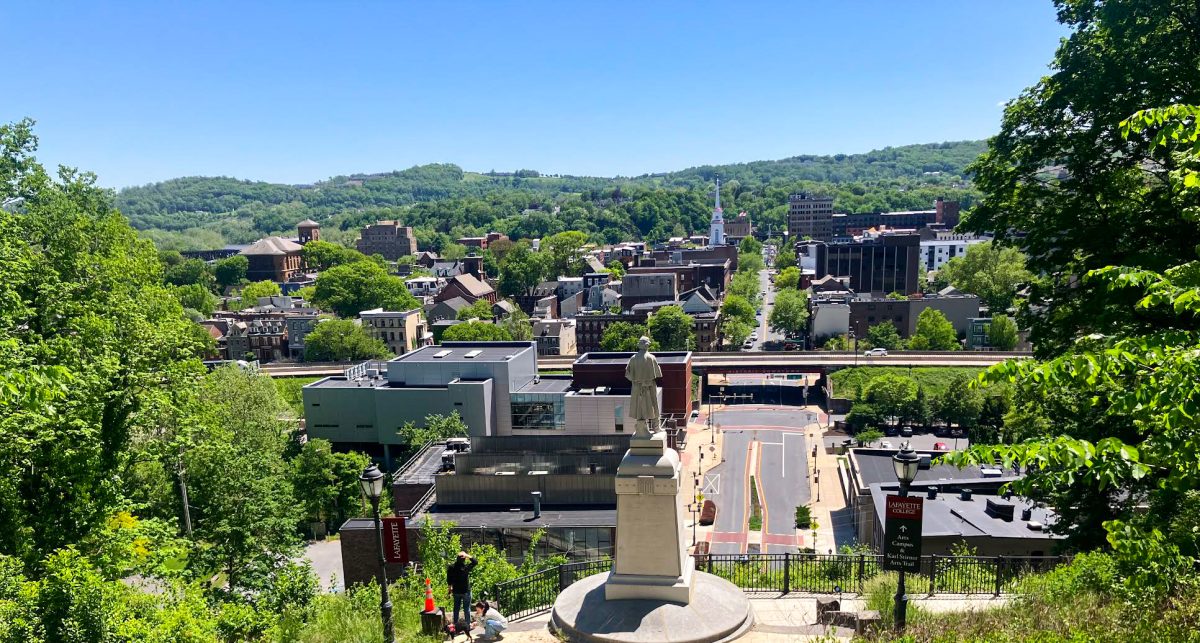Pennsylvania began October facing twin fiscal crises, entering its fourth month without a state budget as the federal government shut down on Wednesday. These financial blocks are leaving local nonprofits caught between two stalled legislatures.
Easton Mayor Sal Panto said that the city would be in “better shape” than most during the shutdown.
“We’re not getting as much support from the federal government anyway, so it really doesn’t affect us as much,” he said.
However, Panto pointed to nonprofits and other publicly funded programs that prioritize homelessness, affordable housing and other issues as sources of concern amidst the shutdown.
In the past eight months, nonprofits have faced numerous federal spending cuts to funding and the social welfare net at the hands of the Trump administration.
“All those people are going to have challenges with their benefits, with their health care, with access to rental assistance and food insecurity,” said Alisa Baratta, the executive director of Third Street Alliance, an Easton nonprofit that provides housing resources and childhood education. “People’s needs are growing, and our ability to meet them as providers is going to be severely compromised.”
Although essential workers, including law enforcement, medical staff and air traffic control, will continue working through the shutdown, other federal services will remain frozen until Congress can pass legislation for the new fiscal year. With the state budget caught in Harrisburg partisan gridlock — the result of deep disagreement between the Republican-led Senate and Democratic-led House — nonprofit leaders are realizing they can’t bank on federal or state dollars until the impasses are resolved.
Third Street Alliance is currently owed around a quarter of its contracted state dollars — more than $300,000, according to Baratta. She noted that the organization, which had an annual expense of over $3.7 million in 2024, was “holding its own,” depending on a line of credit and additional donations, and cutting all spending except payroll.
“I can forecast out the next couple months and say we could muscle through, but at some point in time, that’s not going to be the case,” Baratta continued, noting that she was hopeful that the delays would end “in the next couple weeks.”
Denise Maiatico, who helps run the Greater Lehigh Valley Chamber of Commerce, an organization that represents more than 4,000 small businesses and nonprofits in the region, described the main impact of the shutdown as “undermining confidence.”
“We were hopeful that the shutdown wouldn’t happen,” Maiatico said. “We’ve walked to this precipice before and stopped right at the edge, and then at the last hour, an agreement happened. Sometimes that doesn’t happen, and you start to focus on how quickly you can get this resolved.”
In a post on X, Republican Rep. Ryan Mackenzie, who represents the Lehigh Valley, blamed Senate Democrats for the federal shutdown and called on Congress to pass a short-term funding bill.
Andreas Pelekis ’26 contributed reporting.
This story was originally published on The Lafayette on October 3, 2025.


